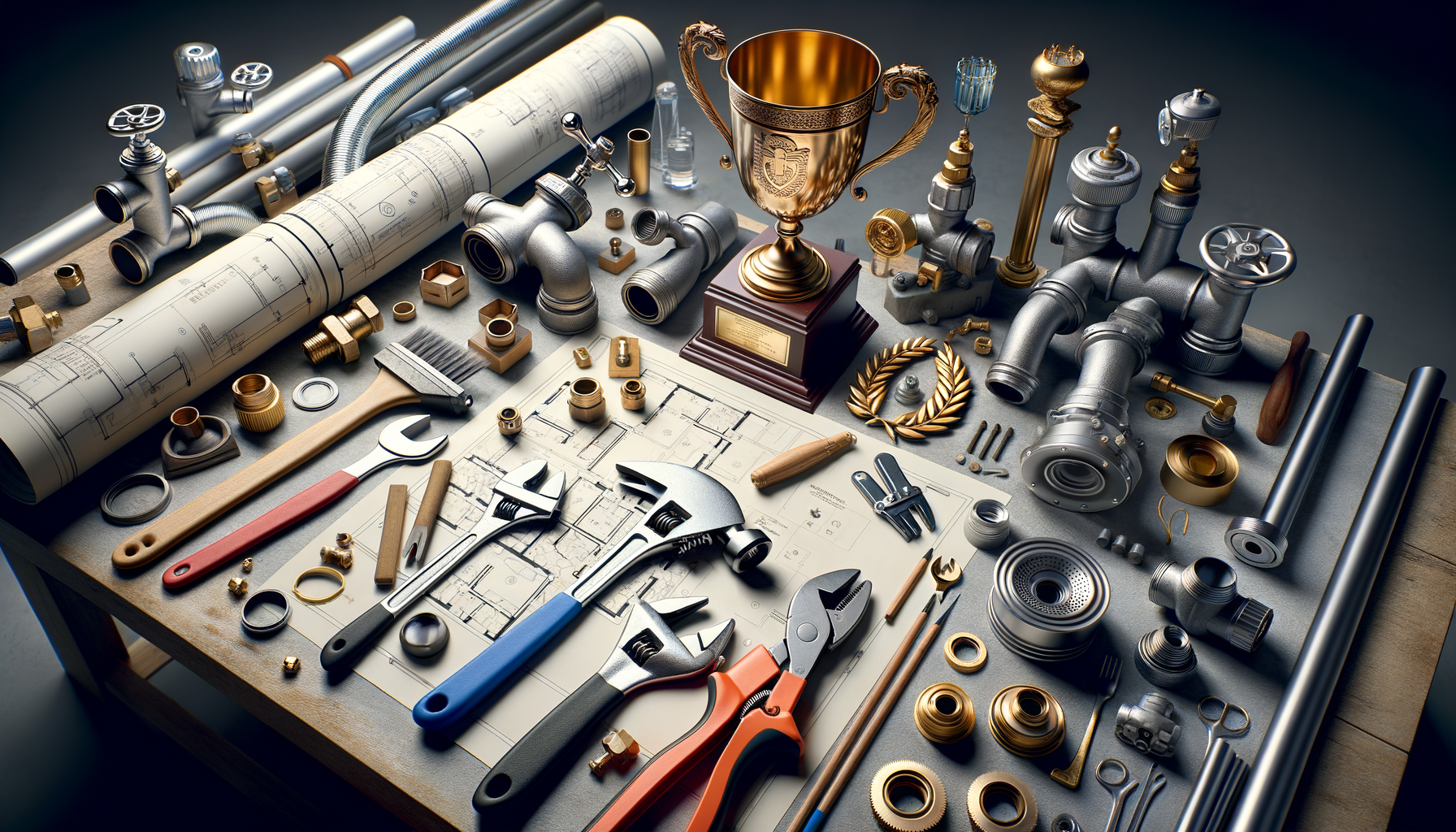The Growing Demand for Skilled Plumbers
In today’s rapidly urbanizing world, the demand for skilled plumbers is on the rise. As more buildings are constructed and older plumbing systems require updates, the need for professionals who can handle these tasks efficiently is evident. According to industry reports, the plumbing sector is expected to grow significantly over the next decade, driven by the need for both residential and commercial plumbing services. This growth is not only due to new constructions but also because of the increasing awareness of environmental sustainability. More people are opting for eco-friendly plumbing solutions, which requires specialized skills and knowledge.
Plumbers are essential in ensuring that water systems remain functional and safe. Without their expertise, the infrastructure that supports daily life would falter. The role of a plumber extends beyond fixing leaks; it involves installing complex systems that ensure clean water supply and effective waste removal. This essential service makes plumbing a stable and rewarding career path.
Educational Pathways and Training
Becoming a plumber requires a combination of education, training, and hands-on experience. Many plumbers start their careers through apprenticeships, which provide a blend of classroom instruction and practical experience. These programs typically last four to five years, allowing apprentices to earn while they learn. During this time, they acquire skills in areas such as pipe fitting, water system installation, and troubleshooting.
Some individuals may choose to attend vocational schools or community colleges that offer plumbing programs. These institutions provide foundational knowledge in plumbing systems, safety regulations, and the use of plumbing tools. Upon completing their education, aspiring plumbers must often pass a licensing exam, which ensures they meet industry standards and are capable of performing their duties safely and effectively.
The educational journey of a plumber is a testament to the profession’s complexity and the skill required to excel in it. Continuous learning is also a part of the job, as plumbers must stay updated on the latest technologies and regulations in the industry.
The Diverse Range of Plumbing Specializations
Plumbing is not a one-size-fits-all profession; it offers a variety of specializations that cater to different interests and skills. Some plumbers focus on residential projects, installing and repairing systems in homes and small buildings. Others may choose to work in commercial settings, dealing with the larger and more complex systems found in office buildings, schools, and hospitals.
There are also opportunities in specialized fields such as pipefitting, which involves assembling and maintaining pipes that carry gases, chemicals, and other substances. Another area is steamfitting, which focuses on systems that transport high-pressure steam. These specializations require additional training and expertise, offering plumbers the chance to broaden their skills and increase their earning potential.
By choosing a specialization, plumbers can tailor their careers to match their interests and strengths, making the profession both diverse and adaptable to individual preferences.
The Rewards and Challenges of a Plumbing Career
A career in plumbing can be both rewarding and challenging. One of the most significant rewards is the satisfaction of solving problems and helping people maintain their daily routines. Plumbers often work in dynamic environments, facing new challenges with each project. This variety keeps the job interesting and engaging.
However, plumbing also comes with its challenges. It can be physically demanding, requiring plumbers to work in tight spaces, lift heavy materials, and sometimes endure adverse weather conditions. Despite these challenges, many plumbers find the work fulfilling due to its hands-on nature and the tangible results they achieve.
Moreover, plumbing offers a stable income and the potential for career advancement. Experienced plumbers can move into supervisory roles, start their own businesses, or specialize in high-demand areas, all of which provide opportunities for increased earnings and professional growth.
Future Prospects and Technological Advancements
The future of plumbing is bright, with technological advancements paving the way for more efficient and innovative solutions. Smart plumbing systems, which allow for remote monitoring and control of water usage, are becoming increasingly popular. These systems help conserve water and reduce costs, aligning with global sustainability goals.
Plumbers who embrace these technologies and adapt to new methods will find themselves at the forefront of the industry. Continuous education and training will be essential in keeping up with these changes, ensuring that plumbers remain relevant and in demand.
As society continues to prioritize sustainability and efficiency, plumbers will play a crucial role in implementing these changes. Their expertise will be vital in designing and maintaining systems that meet the needs of modern living, making plumbing a future-proof career choice.




Leave a Reply